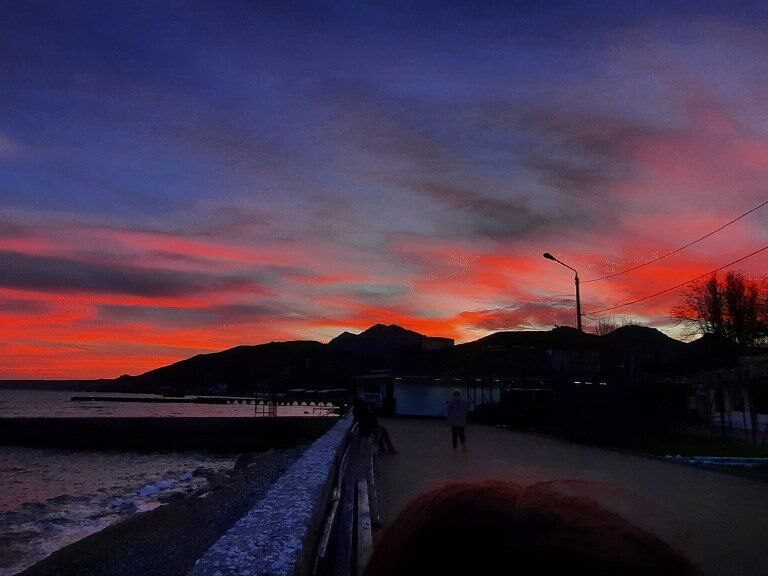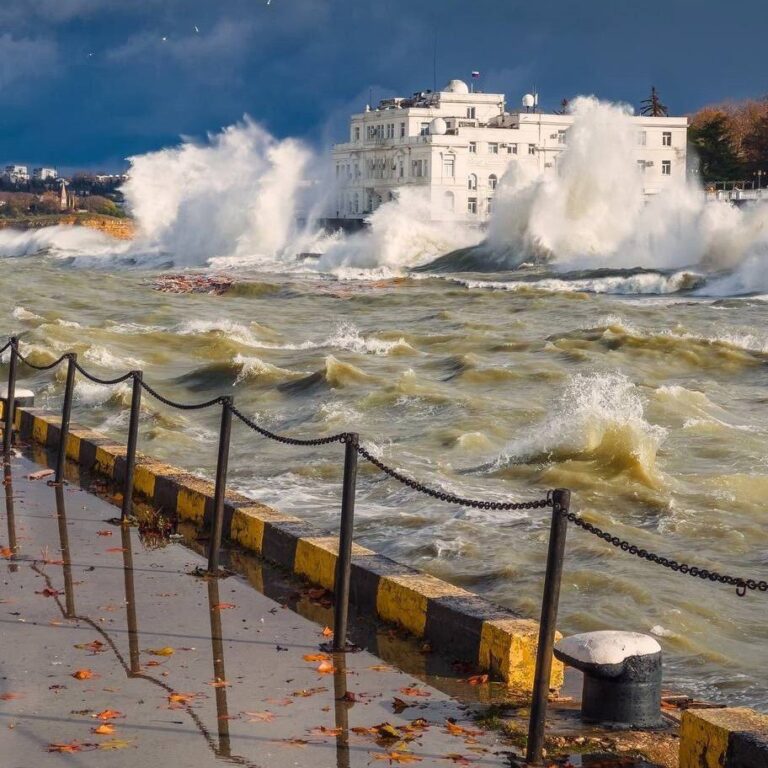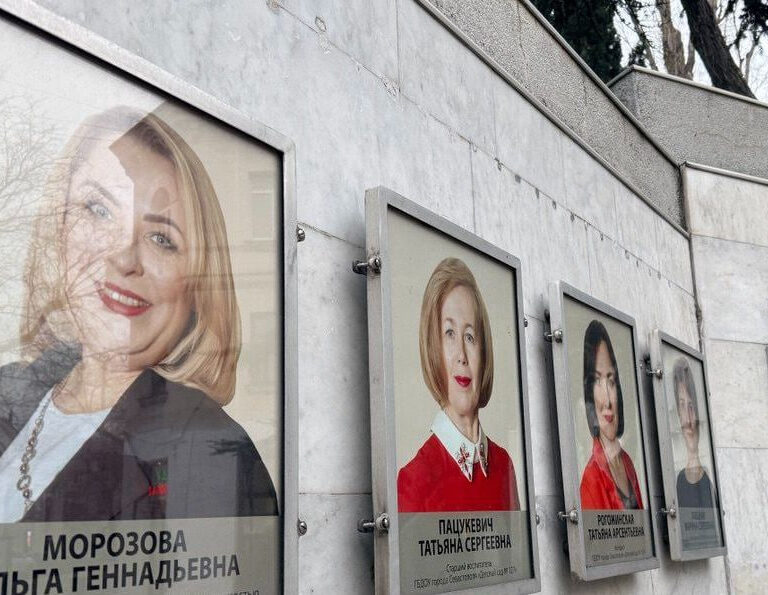As the aggressor-controlled “media” “optimistically” state, the occupiers are going to launder one hundred million rubles on the “reconstruction projects of passenger pier No. 10 on the North side of the city and pier No. 49, located in Inkerman” and considering that the “project implementation period” is set to 2026, this transaction clearly became a “forgivable debt” from the very beginning.
Of course, this amount within the framework of the general appetites of “Moscow business” in Crimea is quite small, but it is predictable that it will only be the beginning of widespread laundering of Inkerman’s “infrastructure funds” through the Moscow “Mostotrest” of Arkady Rottenberg, which is now actively laundering funds at the “yacht marina in Balaklava”.
Rottenberg owns the sanctioned “Mostotrest” through his “Stroyproektholding”, while the “experts” from the occupiers themselves admit that the structure “significantly reduced the scale of its activities and financial performance after the reorganization carried out in 2020”. Then all production capacity was removed from it and turned into a “gasket” for pumping funds; for example, the number of employees fell from almost 16 thousand to 274 people by the end of 2022.
In this vein, the recent complaint of Crimean collaborators about the “need for investment in port infrastructure” becomes understandable: apparently in Simferopol there was an understanding that Rottenberg gathered to wash new billions after the “Crimean Bridge” not through them, but in Sevastopol with absolutely “manual” in these questions by “kolobok” Mikhail Razvozhaev.
Naturally, the Rottenbergs do not refuse new “washing machines” worth trillions in the Crimea, but it is obvious that there, in order to “implement infrastructure projects,” they preferred to wait for some “personnel changes” in the cohort of key collaborators.







